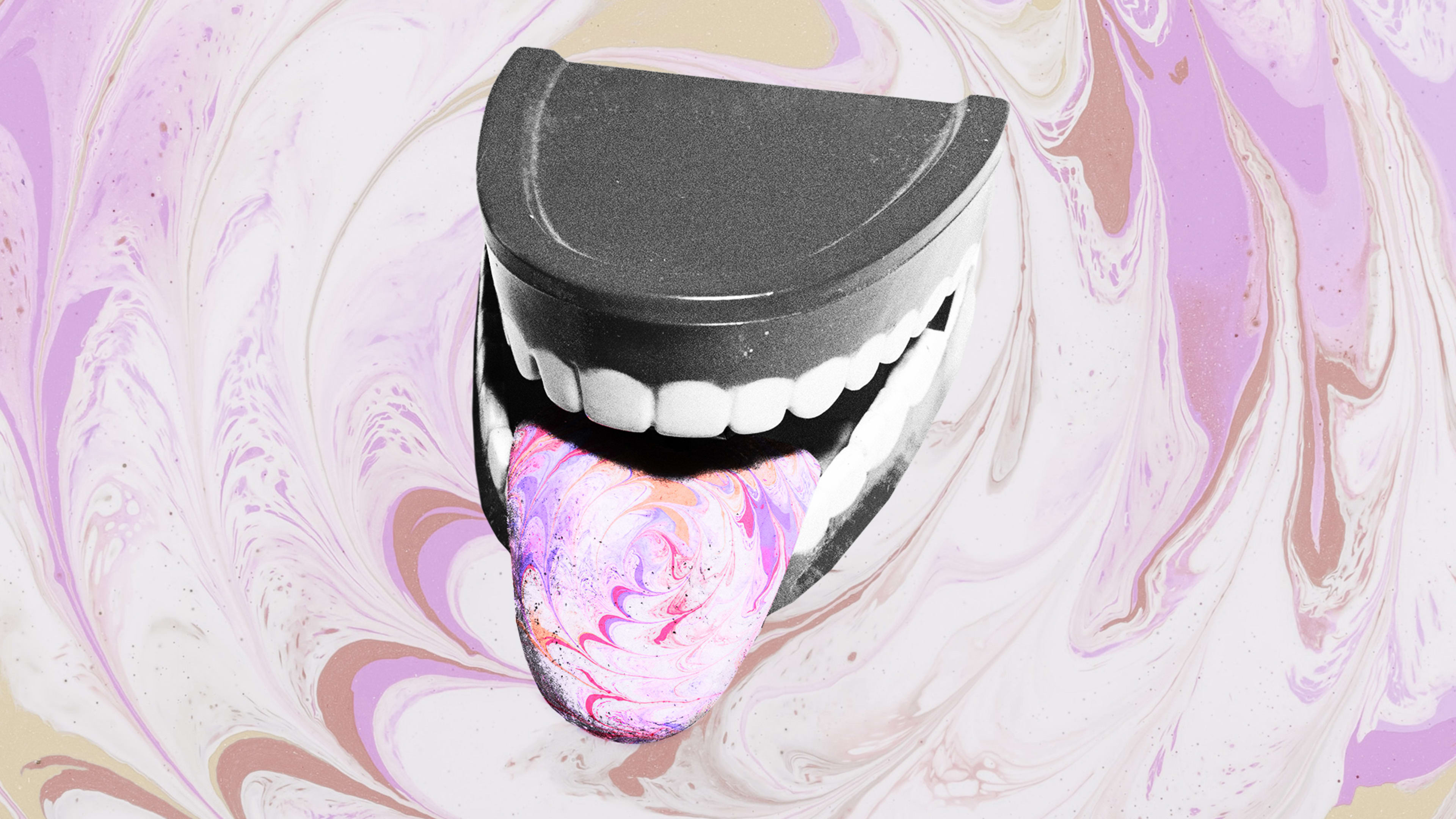Scientists and researchers have long tried to prove that psychedelic drugs could treat some of the most intractable problems in human health, like addiction and post-traumatic stress disorder (PTSD). Now, they have data to back their claims, paving the way for the bourgeoning psychedelics market.
On Monday, the journal Nature published the phase-III clinical trial results on MDMA-assisted psychotherapy as a treatment for PTSD, operated by the Multidisciplinary Association of Psychedelic Studies (MAPS). The data is impressive. After 18 weeks and three sessions, 67% of participants receiving MDMA therapy saw so much symptom reduction that they no longer met the threshold for a PTSD diagnosis.
“You see [an] increase in sleep—bad sleep is a huge symptom of PTSD and nightmares,” says Amy Emerson, the CEO of MAPS. After MDMA-assisted therapy, nightmares decreased. In general, says Emerson, patients’ relationships with friends and family improved, as did their overall quality of life and ability to work. Emerson says there was also a decrease in substance abuse, which will be more finely examined in a forthcoming study. By comparison, less than a third of the control group, which received a placebo pill alongside therapy, had similar outcomes. The data shows that while therapy itself can help with PTSD symptoms, adding MDMA to the equation aids more people in overcoming the disorder faster.
This expediency is important because a high portion of people in trauma-focused therapy don’t complete it. A recent study found that an average of 16% of participants in randomized controlled trials for PTSD treatments dropped out. Among combat veterans, the dropout rate can be even higher, anywhere from 5% to 78%, according to another study. One reason for those high dropout rates is that working through trauma can itself be traumatizing, Emerson says.
With the phase-III clinical trial concluded, MAPS is looking ahead to what commercialization of its protocol will look like. Already, there are several companies investing in psychedelic medicine ready to bring this new therapy to market, including MindMed, Compass, Field Trip, Mind Cure, and Novamind, among others. The market is expected to boom, with analyst estimates ranging from $6.8 billion to $10.75 billion by 2027.
“We are doubling the size of our clinic network six months ahead of schedule, with the added capacity enabling us to scale to 65,000 client visits in 2021,” Novamind CEO Yaron Conforti wrote in a press release published earlier this month. The company, which offers several novel treatments for persistent mental health issues like ketamine-assisted therapy and non-invasive brain stimulation, is adding four new facilities. “Expect continued and aggressive growth as we expand Novamind’s clinic network and clinical research infrastructure ahead of the FDA’s anticipated approvals of MDMA and psilocybin,” the active ingredient in magic mushrooms.
The phase-III trial’s results are also significant because they create a pathway for the Food and Drug Administration (FDA) to approve MDMA for therapeutic use. When it does, it will likely come with risk evaluation and mitigation strategies (REMS), mandated parameters that ensure safety. REMS include criteria that clinicians and their clinics need to meet in order to administer a therapy.
Even with FDA backing, the market will take time to develop commercially because therapists will need to be trained to administer MDMA-assisted therapy according to the REMS. “We’ve just redeveloped and made our training program able to handle larger numbers of therapists at a time and we’re just going to keep adding to our therapy training team,” Emerson says. She expects MDMA-assisted therapy to roll out to the public in 2023.
In the immediate future, Emerson thinks MDMA-assisted therapy will be a specialization, with specific clinics only providing psychedelic-assisted therapy. But looking ahead, she says she hopes that clinics will think about how to integrate this therapy into people’s lives.
“The ideal would be a clinic that is more full service,” she says. She envisions a therapeutic setting that not only treats mental illness, but provides follow-up care that addresses social hurdles like ensuring stable housing and financial management. “To me, that would be amazing.”
Recognize your brand’s excellence by applying to this year’s Brands That Matter Awards before the early-rate deadline, May 3.
